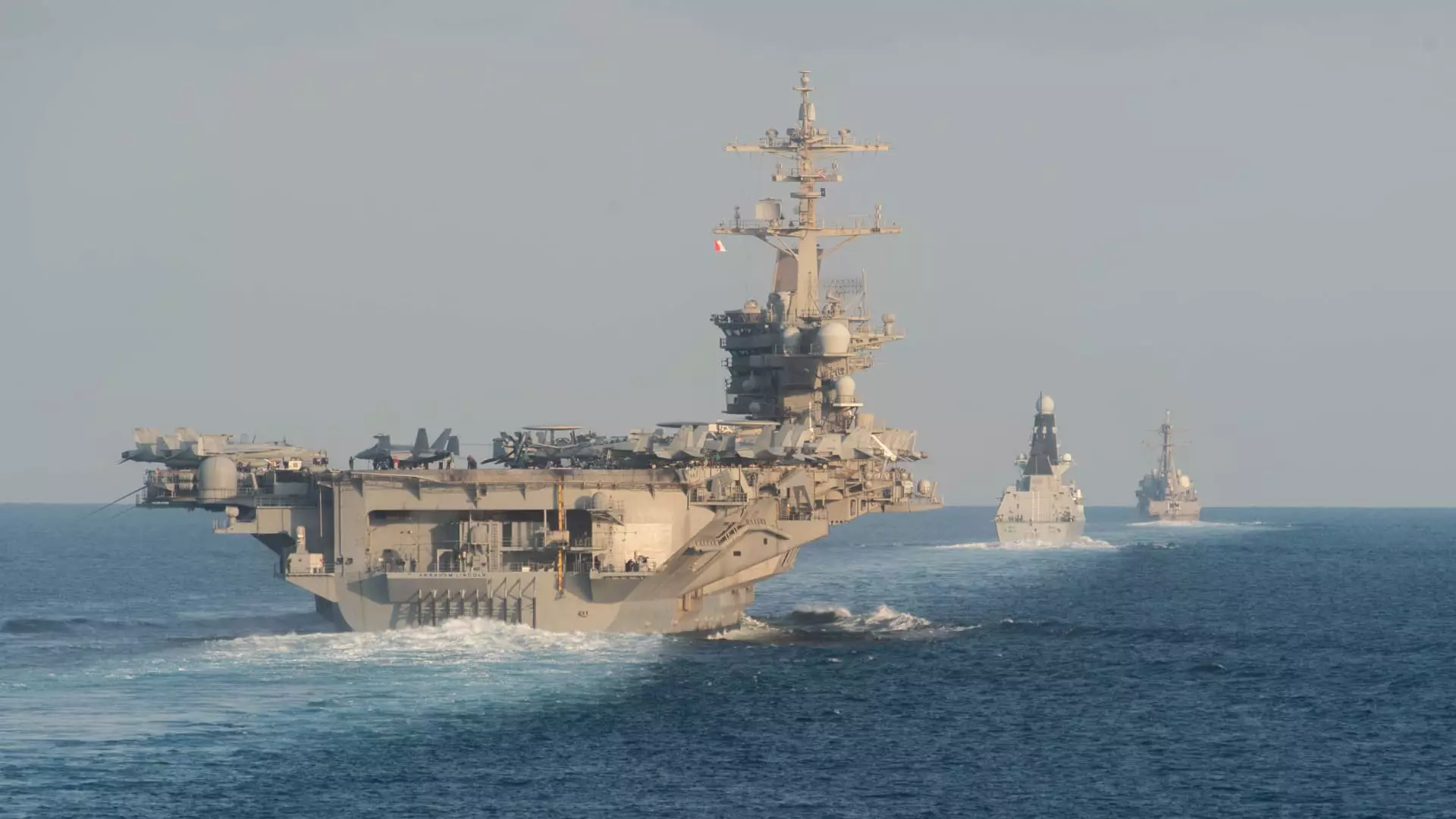The recent statement by the Pentagon regarding the deployment of more troops and military hardware to the Middle East in order to defend Israel has sparked concerns and raised questions about the escalating tensions in the region. This move comes as U.S. Defense Secretary Lloyd Austin reiterated the United States’ commitment to protect Israel and highlighted the strengthening of military force posture and capabilities in the Middle East.
Iran’s Threats and Retaliation
The backdrop of Iran’s leadership vowing retaliation against Israel after the killing of Hamas’ former political chief has further fueled the already tense situation. Iran accuses Israel of carrying out the assassination, although Israel has remained silent on the matter. The threat of retaliation from Iran has put the region on edge, as military tensions continue to rise.
The Biden administration’s support for Israel has faced criticism, with calls for the U.S. to use its influence to enforce a cease-fire and stop supplying arms to Israel. President Biden himself has expressed concerns about the civilian casualties in the conflict and has been under pressure to take a stronger stance in the dispute between Israel and Iran, as well as Iran’s proxies like Hezbollah.
The issue of the Israel-Palestine conflict has also become a significant factor in U.S. politics, with Democratic voters divided on their support for Israel. The party’s nominee, Kamala Harris, finds herself in a challenging position as she navigates the delicate balance between supporting Israel and addressing the concerns of voters who advocate for a more even-handed approach to the conflict.
Implications of a Potential War
The possibility of an all-out war between Israel and Iran, along with Iran’s proxies such as Hezbollah, raises serious concerns about the potential devastating consequences for all parties involved. Both countries face pressure to respond militarily, but so far, the exchanges of missile strikes have been measured to avoid significant damage or casualties.
Uncertain Future
The death of Hamas’ former political chief and the appointment of a new leader with ties to Iran have raised questions about the future of diplomatic solutions to the conflict. The increase in military presence and the escalating tensions in the region have created a sense of uncertainty and instability that could have far-reaching implications for the Middle East.
The situation in the Middle East remains tense and volatile, with the U.S. increasing its military presence in the region to defend Israel. The ongoing conflict between Israel and Iran, along with the rise of extremist leaders within Hamas, add to the complexity of the situation. The potential for a full-scale war and the challenges faced by policymakers in addressing the conflict underscore the need for careful diplomacy and strategic decision-making to prevent further escalation and promote peace in the region.

Leave a Reply